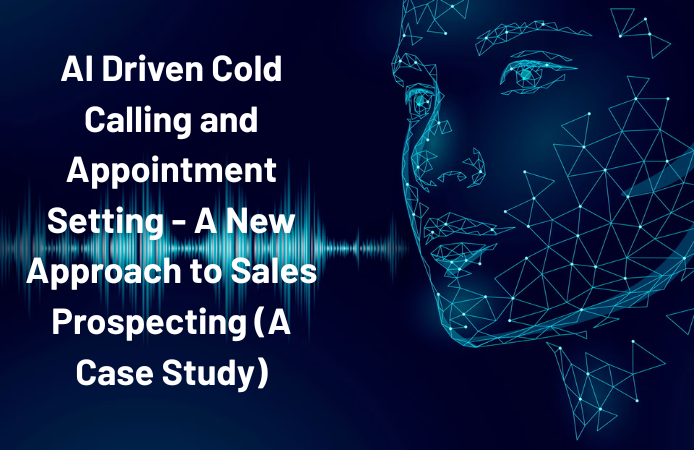Real-Life Applications of AI: The Series
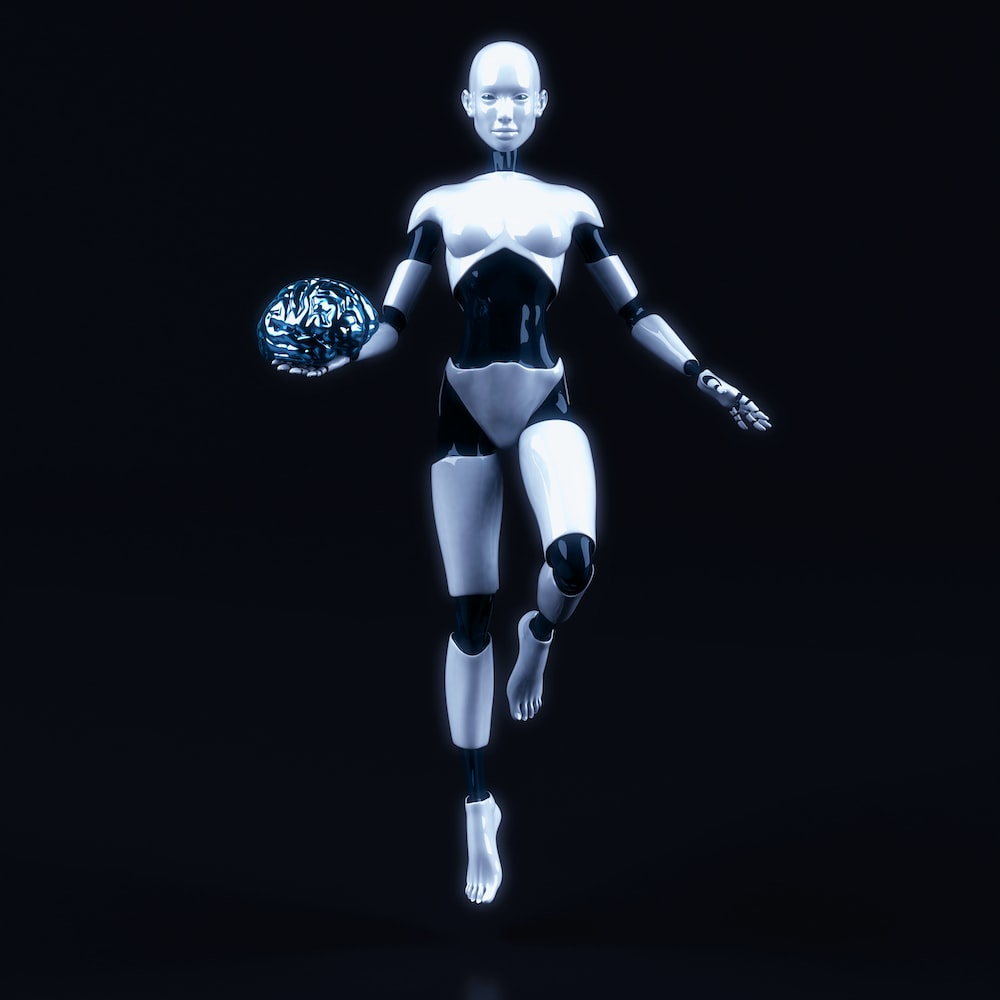
In the realm of technological advancements, artificial intelligence (AI) has emerged as a powerful tool with vast potential. This transformative technology is revolutionizing various industries, augmenting human capabilities, and paving the way for a future brimming with innovation. From enhancing healthcare to revolutionizing finance and transportation, AI’s real-life applications are reshaping the world around us. In this thought leadership piece, we delve into the multifaceted applications of AI across different sectors and highlight hands-on examples that showcase its practical implementation.
Unleashing AI Across Sectors
AI’s prowess transcends industry boundaries, bringing forth groundbreaking possibilities. Let us explore some of the key sectors where AI is leaving an indelible mark:
Healthcare

In healthcare, AI empowers medical professionals, enhances diagnostics, and redefines patient care. Advanced AI algorithms analyze vast amounts of medical data, assisting in the early detection of diseases, predicting patient outcomes, and recommending personalized treatment plans. For instance, AI-based imaging systems are revolutionizing radiology, enabling more accurate diagnoses and reducing human error. Moreover, AI-powered virtual assistants transform patient engagement and provide 24/7 support, improving the overall healthcare experience.
Finance

The financial sector is experiencing a profound AI-driven revolution. Machine learning algorithms and natural language processing techniques enable financial institutions to analyze massive volumes of data in real time, detect patterns, and make informed decisions. AI-powered chatbots and virtual assistants are streamlining customer service, providing personalized recommendations, and simplifying complex financial processes. Moreover, AI algorithms enhance fraud detection systems, helping identify suspicious transactions and mitigating risks more effectively.
Transportation
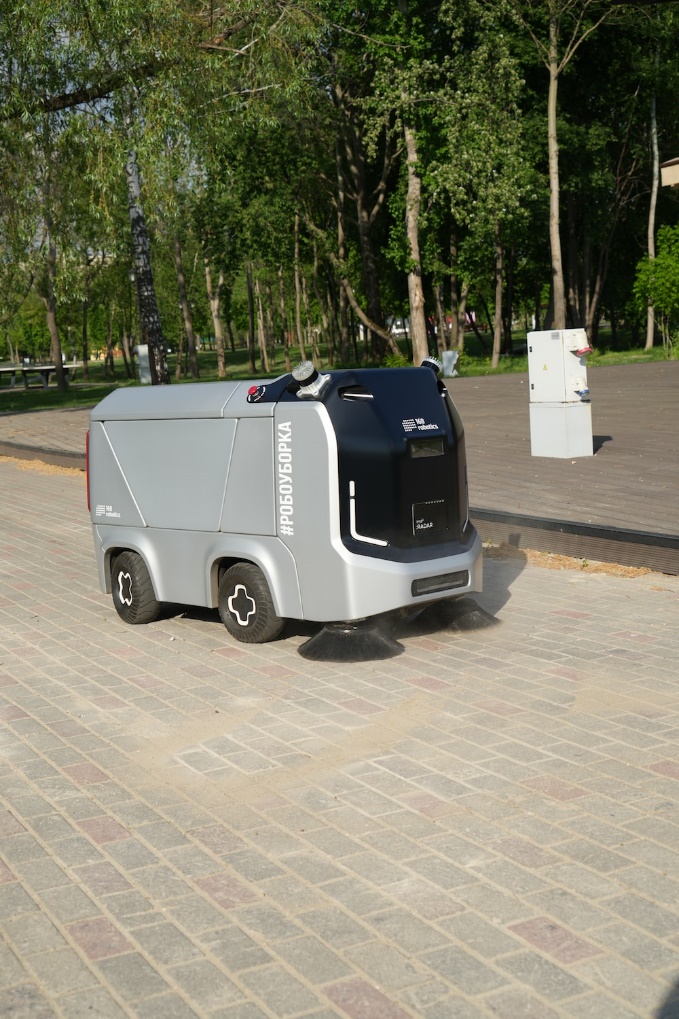
AI is at the forefront of reshaping the transportation industry, making it safer, more efficient, and more sustainable. Autonomous vehicles equipped with AI technologies are revolutionizing our commute, reducing traffic accidents, and optimizing fuel consumption. AI-powered traffic management systems enable dynamic route planning, mitigating congestion and reducing travel times. Additionally, predictive maintenance powered by AI algorithms helps maximize the performance of vehicles, minimizing downtime and reducing maintenance costs.
Manufacturing

AI is driving a digital transformation in the manufacturing industry, unlocking new levels of efficiency, productivity, and quality. Intelligent robotics and automation systems equipped with AI algorithms are revolutionizing assembly lines, streamlining production processes, and reducing human error. Machine learning models analyze real-time data from sensors and equipment to optimize maintenance schedules, predict equipment failures, and prevent costly downtime. AI-powered quality control systems detect defects more accurately, ensuring consistent product quality and enhancing customer satisfaction.
Retail and E-commerce

AI is revolutionizing the retail industry, enhancing customer experiences, optimizing supply chains, and driving sales growth. AI-powered recommendation systems analyze customer data, browsing patterns, and purchase history to provide personalized product recommendations, improving customer engagement and driving conversions. Chatbots powered by natural language processing enable interactive customer support, assisting shoppers with queries and providing real-time assistance. AI algorithms also help retailers optimize inventory management, demand forecasting, and pricing strategies for better profitability.
Education

AI is transforming the education landscape, enabling personalized learning experiences and revolutionizing how knowledge is imparted. Intelligent tutoring systems leverage AI algorithms to adapt learning content based on student’s needs and provide customized feedback. Natural language processing techniques power language learning applications, enabling automated language assessments and immersive language experiences. Furthermore, AI-driven analytics help educators gain insights into student performance, identify learning gaps, and tailor instruction accordingly.
Construction

AI is revolutionizing the construction industry by improving project management, optimizing resource allocation, and enhancing safety on construction sites. AI-powered project management systems analyze historical project data, construction plans, and risk factors to optimize scheduling, minimize delays, and improve project outcomes. Machine learning algorithms help automate repetitive tasks, such as data entry and documentation, freeing up time for construction professionals to focus on more complex and critical tasks. AI-enabled drones and sensors enable real-time monitoring of construction sites, identifying potential safety hazards and ensuring compliance with safety standards.
Defense

AI is playing a vital role in the defense sector, enhancing situational awareness, optimizing resource allocation, and improving decision-making processes. AI algorithms process vast amounts of data from various sources, including sensors, satellites, and surveillance systems, to detect and analyze potential threats. This enables defense organizations to make informed decisions, deploy resources strategically, and respond effectively to security challenges. AI-powered autonomous systems, such as unmanned aerial vehicles (UAVs) and unmanned ground vehicles (UGVs), are transforming reconnaissance, surveillance, and logistics operations, enhancing operational capabilities and reducing human risk.
Deep Dive into AI Applications Part I
Healthcare

Artificial Intelligence (AI) has been making significant contributions to healthcare, revolutionizing various aspects of medical research, diagnostics, treatment, and patient care. Here are some real examples of AI usage in healthcare.
Disease diagnosis and medical imaging
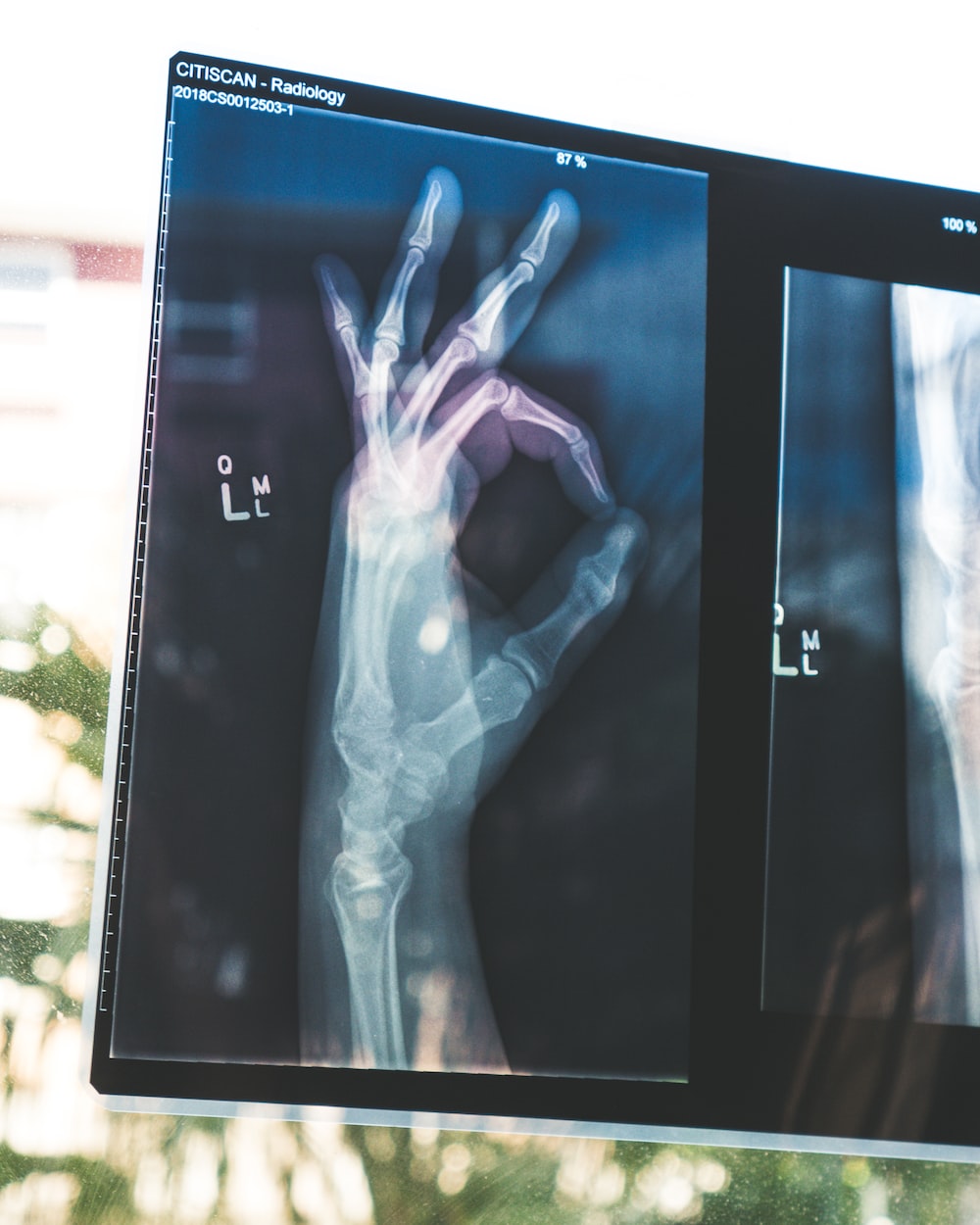
Artificial Intelligence (AI) has made significant strides in disease diagnosis, particularly in medical imaging. Advanced AI algorithms have been developed to accurately and efficiently diagnose various diseases, including cancer, using medical imaging data.
One notable example is the work done by researchers at Google. They developed an AI system called DeepMind, which demonstrated impressive accuracy in detecting breast cancer by analyzing mammograms. The system achieved results comparable to human radiologists, showcasing the potential of AI in enhancing diagnostic accuracy and efficiency.
Another application of AI in medical imaging is Aidoc, an AI platform that employs deep learning algorithms. Aidoc assists radiologists by prioritizing and detecting abnormalities in medical scans, such as CT and X-rays. By leveraging AI technology, Aidoc aims to enhance radiology workflows and improve patient care by flagging critical cases and reducing diagnosis turnaround times.
Drug discovery and development

AI is playing a transformative role in accelerating the process of drug discovery and development. By analyzing vast amounts of biological data, AI algorithms can identify potential drug candidates and optimize their properties, significantly reducing the time and cost of traditional drug discovery methods.
Exscientia, a UK-based company, successfully utilized AI to develop a new drug candidate within months, which would typically take years using traditional methods. By leveraging AI’s ability to process and interpret large datasets, Exscientia aims to expedite the discovery of new medicines and improve treatment options for various diseases.
Similarly, BenevolentAI, an AI-driven drug discovery platform, employs machine learning techniques to identify potential drug candidates for diseases like amyotrophic lateral sclerosis (ALS). By analyzing biomedical data and combining it with AI algorithms, BenevolentAI aims to accelerate the drug discovery process, ultimately improving patient outcomes.
Personalized medicine and treatment planning

AI has the potential to revolutionize personalized medicine by analyzing vast amounts of patient data and providing tailored treatment recommendations. By leveraging AI’s capabilities in pattern recognition and data analysis, healthcare providers can deliver more targeted and effective treatment plans.
IBM Watson for Oncology is one such example. It utilizes AI algorithms to analyze patient data, medical literature, and treatment guidelines, assisting oncologists in formulating personalized treatment plans for cancer patients. Watson for Oncology provides evidence-based recommendations, empowering healthcare professionals with the latest research and insights to optimize patient care.
PathAI is another company leveraging AI to enhance personalized medicine. PathAI’s AI-powered platform aids pathologists in accurately diagnosing and predicting outcomes for cancer patients. By analyzing histopathology slides and applying machine learning algorithms, PathAI aims to improve diagnostic accuracy and guide treatment decisions, ultimately improving patient outcomes.
Virtual assistants and chatbots
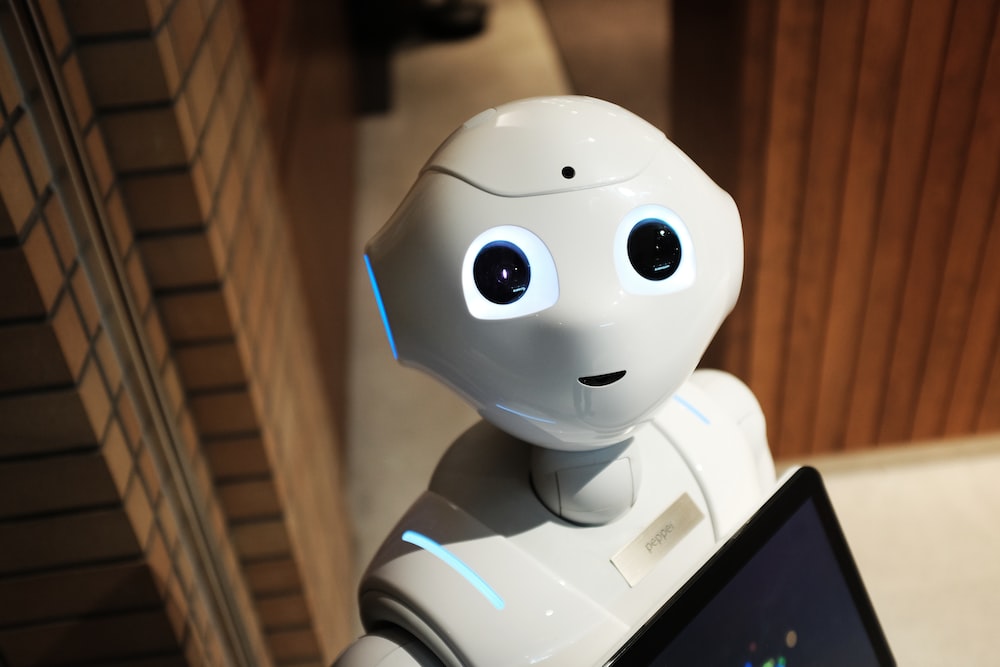
AI-powered virtual assistants and chatbots are increasingly used in healthcare to provide quick and accurate responses to medical queries, enhance patient engagement, and improve access to healthcare information.
Babylon Health’s AI chatbot is a notable example. It offers users personalized health advice and triage services, enabling them to assess their symptoms and receive appropriate recommendations. Babylon’s chatbot utilizes AI algorithms to analyze user input, draw from vast medical databases, and provide relevant information, assisting users in making informed decisions about their health.
Predictive analytics and early detection
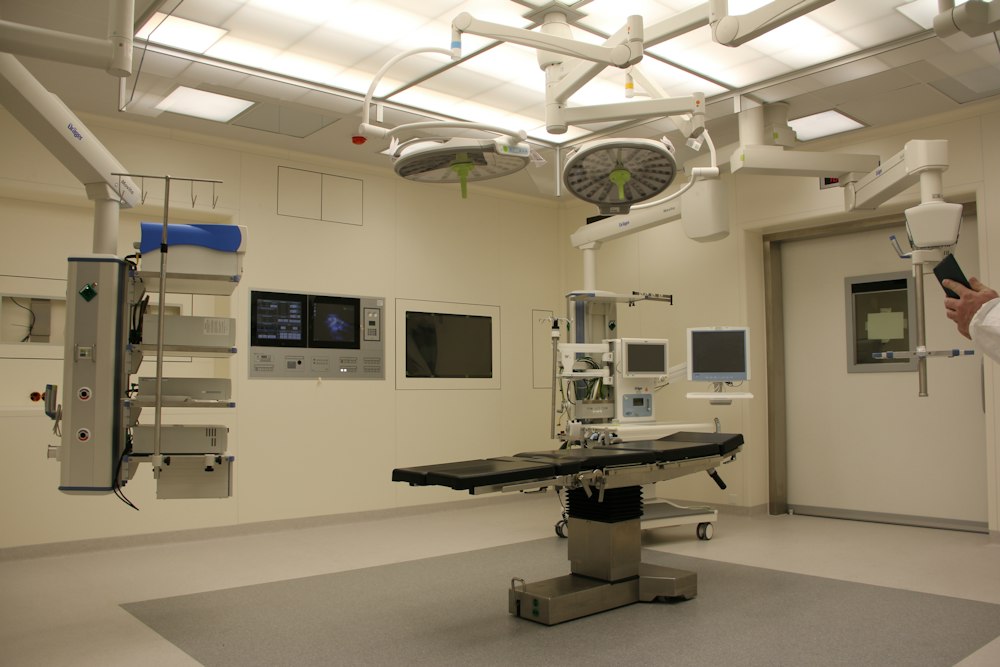
AI is invaluable in predictive analytics, enabling early detection of diseases and improving patient outcomes. By analyzing large volumes of patient data, AI algorithms can identify patterns, predict disease progression, and aid in proactive intervention.
One significant example is the collaboration between Google’s DeepMind and the UK’s National Health Service (NHS). They developed an AI system that predicts acute kidney injury in patients up to 48 hours before it occurs. By analyzing patient data and employing deep learning techniques, the AI system helps clinicians intervene early, potentially preventing adverse outcomes and improving patient care.
Tempus, an AI-powered analytics platform, leverages machine learning to analyze clinical and molecular data. Tempus assists oncologists in predicting patient responses to treatments, thereby enabling more personalized and effective cancer care. By combining AI with genomic data, Tempus aims to empower physicians with data-driven insights for better treatment decisions.
These examples illustrate how AI transforms healthcare by enhancing disease diagnosis, drug discovery, personalized medicine, virtual assistance, and predictive analytics. Continued advancements in AI have the potential to revolutionize healthcare delivery, improve patient outcomes, and drive innovation in the field.
Want to know more?
These are just a few examples of how AI is used in real-life applications. We expect to see even more significant impacts on various industries as AI technology evolves. This series’s following articles will explore and analyze the latest trends and developments in AI technology in each sector. Stay tuned for more in-depth articles on these applications and how they impact our lives. If you’re interested in learning more about how AI can benefit your business, please don’t hesitate to contact me for a consultation.

